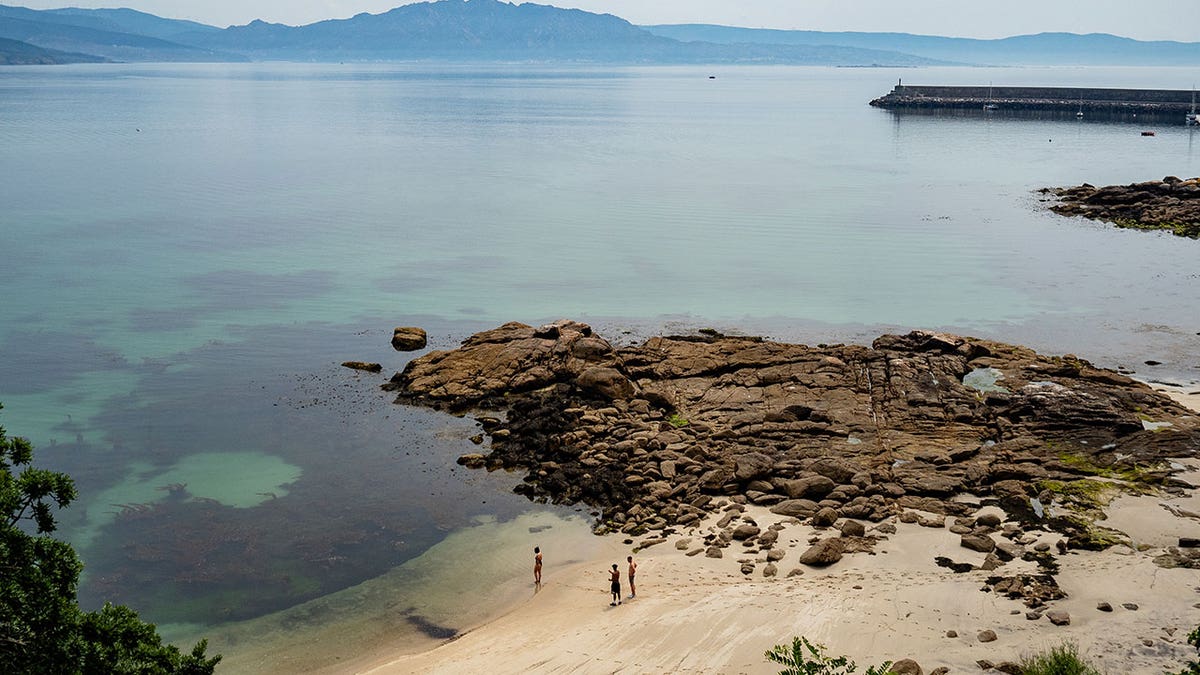Killer whale near Spain bites rudders off boat
Video taken in Strait of Gibraltar shows orca attacking boat. (Credit: Dan Kriz/Reliance Yacht Management/LOCAL NEWS X/TMX)
- Spanish state prosecutors are investigating the presence of numerous small plastic pellets along the northwest coastline, spilled from a transport ship.
- There are fears that the pellets may have toxic properties, and there are indications that they have also been found on shores in Portugal and France.
- The spill was reported on December 13, when millions of tiny white plastic balls appeared on Spain's Atlantic shoreline.
Spanish state prosecutors have opened an investigation of countless tiny plastic pellets washing up on the country’s northwest coastline after they were spilled from a transport ship, posing a possible major ecological problem in the area.
The state prosecutor’s office made the announcement late on Monday after having studied the arrival of pellets on the shore during the previous weeks.
The prosecutors fear that the pellets could have toxic properties and added that there are indications that they have also been found on Portuguese and even French shores.
PLASTIC POLLUTION IN WORLDS' OCEANS COULD HAVE $2.5 TRILLION IMPACT, STUDY SAYS
The spill was first reported to authorities on Dec. 13 when hundreds of thousands of tiny white balls began washing up on Spain’s Atlantic shoreline.

People are seen walking along the Atlantic shoreline in the Galicia community in Spain on June 6, 2023. Spanish state prosecutors have opened an investigation into countless tiny plastic pellets washing up on the country’s coastline after they were spilled from a transport ship. (Romy Arroyo Fernandez/NurPhoto via Getty Images)
Spain’s government representative for the northwest Galicia region said that the container ship Toconao, sailing under a Liberian flag, lost six shipping containers off the coast of Portugal, some 50 miles to the west of Viana do Castelo.
One of the six containers contained 1,000 sacks of pellets, with each sack holding 25 kilograms of the tiny plastic balls used in the fabrication of plastic products, the government representative said.
PLASTIC WASTE IN OCEANS WILL TRIPLE BY 2040, RESEARCHERS SAY
Greenpeace and other environmental groups calculate the total amount of pellets lost to be in the millions. They say that the pellets represent a danger for marine and human life since they can break down into even smaller microplastics that can be consumed by fish that are later caught by fishermen.
Volunteers and workers have organized to clean up the beaches and coasts of the area that depends on a large fish and shellfish industry. Galicia's marine coastline was devastated by an oil spill from the Prestige tanker in 2002.








































